Revolution defined is a protracted process where people work to organize the masses of people to engage in sustained resistance against the power structure in ways that will result in the overthrow of that power structure. This "organizing work" consists of building relationships with people and engaging them in a process of political education and work that is designed to heighten political consciousness in a way that increases the chances for revolution to take place. For example, I live in Portland, Oregon. I grew up in San Francisco, California. Oregon, unlike California, has a strong culture for recycling. That culture is so strong it would not be unlikely that a person who decided to throw something that should be recycled into a trash can would be confronted for doing so. This could result because of the aforementioned consciousness around recycling that exists in Oregon. That consciousness is so evident that I've seen my own behavior advance around this question since moving to Oregon. I find that I carefully think about where to place recycles, something I never would have thought about when I was living in California. The point is the work that has been done in Oregon around creating a consciousness about recycling has created a cultural atmosphere where doing so is expected. Believe it or not, this is exactly what we need to do in order to develop revolutionary consciousness. The way we need to do it is by working with people on a daily basis in order to develop collective consciousness, not just around recycling, but around being 100% opposed to capitalism and organizing in support of revolutionary organization of every sector of society; women, students, workers, peasants, elders, etc., to move in unison against the power structure. This movement takes place with an understanding that the objective is to remove the power structure and replace it with a revolutionary socialist system where people are more important than profit. Where democracy becomes a valued component of society. Where healthcare, education, etc, are provided to the people free so that a broader understanding of revolution is cultivated and institutionalized. The type of revolutionary work described above takes time and dedication. It doesn't generate the type of excitement that spontaneous rebellion i.e. being "on the streets" generates, but it is the type of work that will bring about the fundamental change that we say we want.
By comparison, rebellion happens as a result of the people's righteous anger at oppression. Rebellion, whether it involves burning property, attacking police, whatever, is justified and should always be looked at within the context of the long years of suffering the people reacting have experienced. Anyone, after experiencing brutal treatment for a period of time, has a boiling point and when that point is reached, it is not going to manifest itself in a neat and comfortable way. Still, this type of rebellion cannot ever be confused with revolution and people should develop a consciousness to not be tricked by the power structure into confusing revolutionary organizing tactics, which won't necessarily involve participating with rebellion activities, with being anti-militant action. For example, revolutionary organizers will work with reformist activists as a part of revolutionary strategy. Revolutionary organizers may participate in what some people would term as reformist rallies around issues like police terrorism, but those activists have a strategy in doing so that lay people don't understand. That strategy is to politicize the reformers because revolutionaries understand that in this place and time in history, reformers have the numbers that we need. Since revolutionaries understand that our task is to win the hearts and minds of reformists, reactionaries, and even counter-revolutionaries, over to revolution, we will work with anyone to advance the revolutionary ideology because we know that this is the proven strategy that will build the type of collective consciousness that will make revolution possible.
So, understand that a critique of rebellion isn't a condemnation of violence. Revolutionaries understand better than you do that violence is a necessary part of the revolutionary struggle. The difference between us and you is we don't romanticize violence and we don't rise that phase above the critically important phase of political education and revolutionary organizing. We understand that the only we will can expect the masses of people to have the determination that they can defeat the massive military might of the people we are fighting against is we have to convince enough people of the need to fight. This is done by convincing people to get involved. That's why we always encourage people to join organizations because we know that a non-participant cannot make a proper assessment of any situation. Huey P. Newton correctly said "no participation, no right to observation." So, telling people to join organizations, even reformist ones, is a part of the strategy to move people towards revolutionary consciousness and action. Most of you who claim to be revolutionaries didn't come out of womb being for socialism or anarchy or whatever you claim to be your revolutionary ideology.
Kwame Nkrumah advocated "positive action" in Ghana and the Convention People's Party engaged in a campaign of strikes, work stoppages, and societal disruptions, but these actions were not carried out by random individuals who are militant on a Tuesday night in November before sitting down to imperialist dinner on a reactionary holiday two days later. Those actions in Ghana were a part of an organized effort with an objective of raising political consciousness. And while Ghana did not do enough of the necessary political education work, there are plenty of examples in Vietnam with the Viet Minh Front, Cuba, etc. where these tactics are successful. It's not our responsibility to write everything here that you need to know. It's your responsibility join organizations and push them towards revolutionary consciousness building. Until you are ready to do that, stop getting in grown folks business that you don't understand. We will continue to organize people on a daily basis, in spite of how boring it may seem to those who are more interested in adventurism and ego gratification than the true liberation of the masses of people the world over.
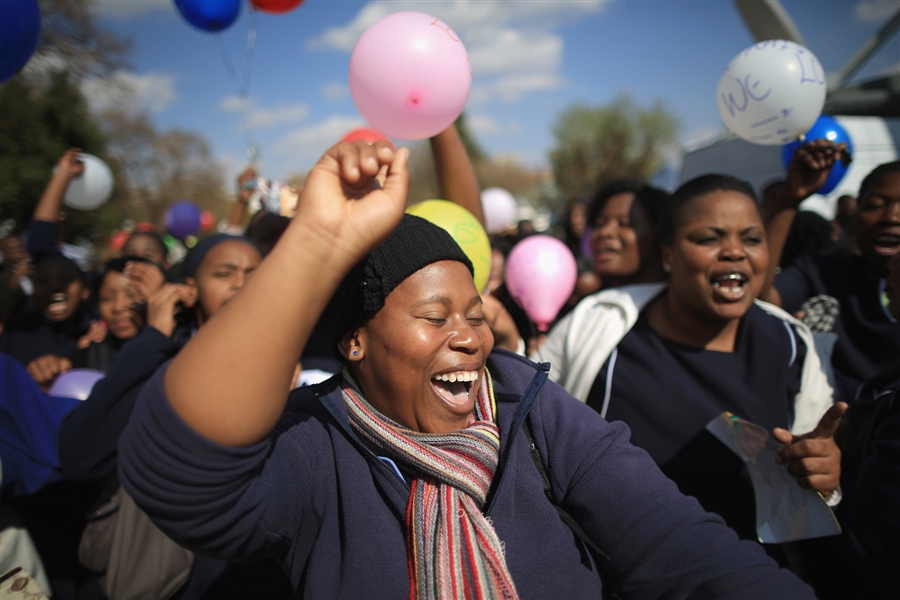
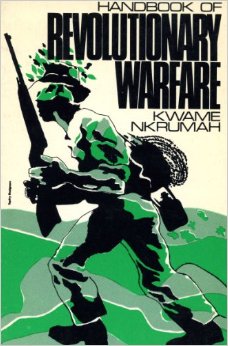
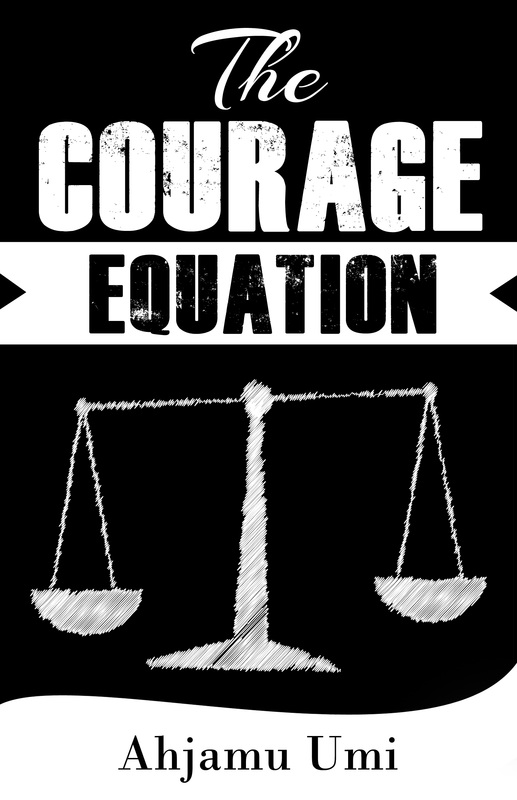
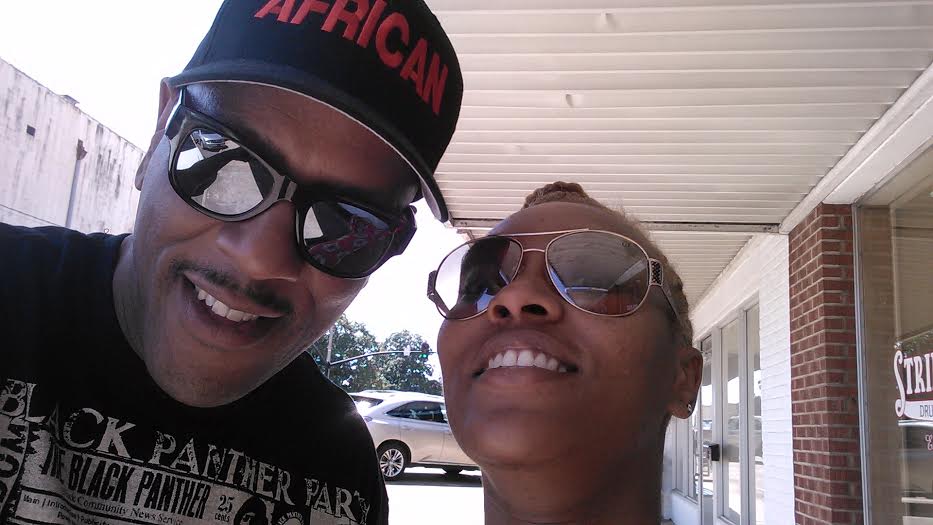
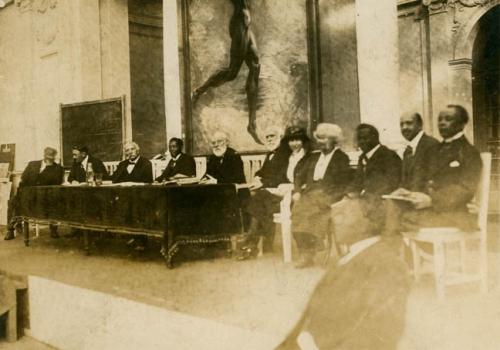
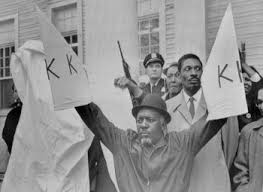

 RSS Feed
RSS Feed
